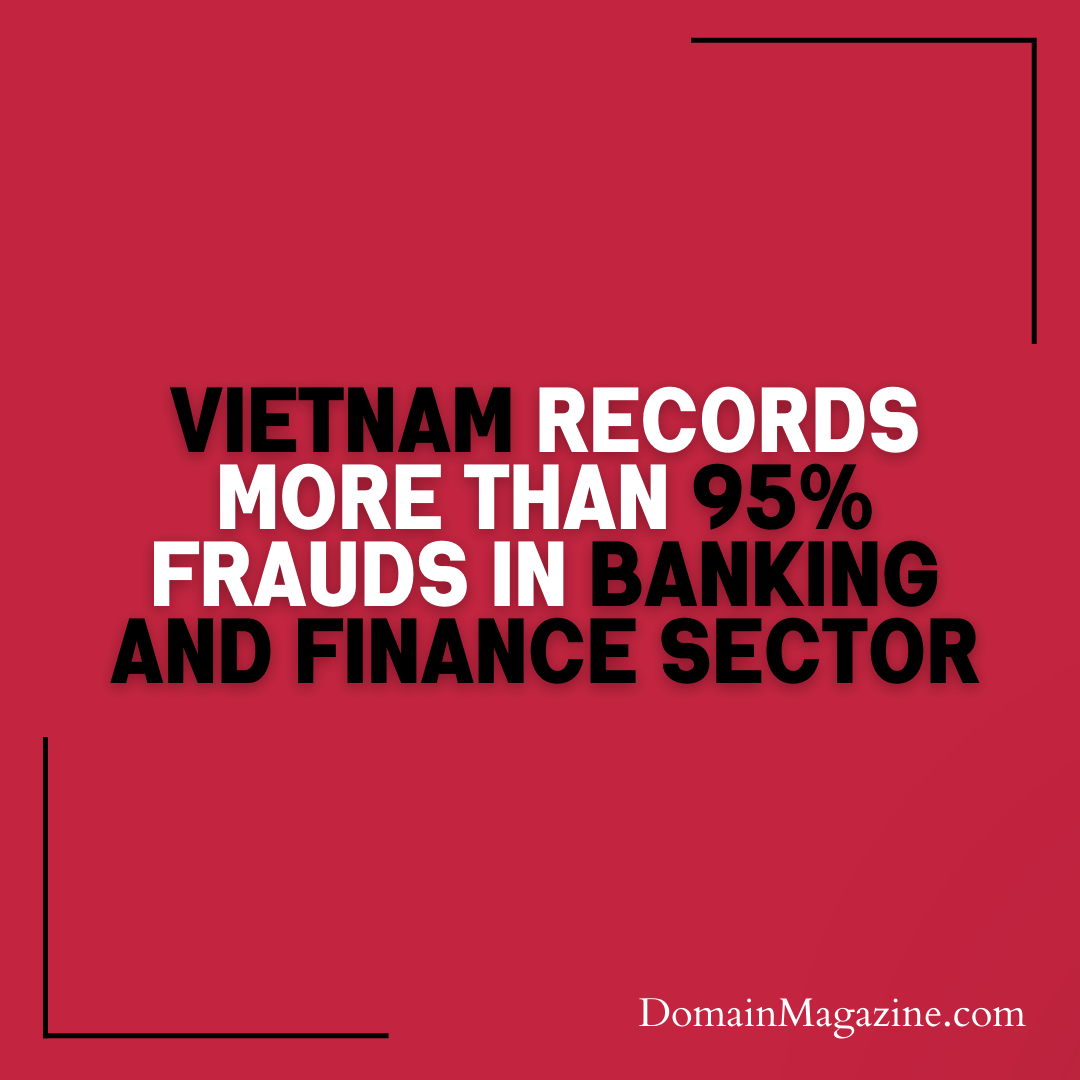Vietnam has recently been grappling with an alarming surge in online phishing attacks, with over 95% of these attacks targeting the banking and finance sectors. In the first half of this year, the Ministry of Information and Communications (MIC) received more than 4,000 reports from internet users about fraudulent activities. As we delve into this concerning issue, we’ll shed light on what’s happening, the potential risks, and what organizations and individuals can do to protect themselves.

The Rising Threat
Phishing attacks have evolved into more sophisticated forms in Vietnam, and they’re not sparing the financial industry. These attacks are cunning attempts to trick individuals and organizations into divulging sensitive information or installing malicious software.
Statistics from the MIC reveal that fraudulent activities have been on the rise. These activities, targeting the banking and finance sectors, accounted for more than 95% of the reported cases. With the financial sector’s deepening digital transformation, cybercriminals have found a fertile ground for their endeavors.
The Numbers Speak
The National Cyber Security Centre (NCSC) reported a staggering 9,519 cyber attacks in the first seven months of this year in Vietnam. These attacks have resulted in various incidents, compromising the integrity of information systems. To counter these threats, the NCSC took action against 926 fraudulent websites, some of which posed as legitimate banks and financial institutions.
The stakes are high. With the ever-growing amount of sensitive data held by banks, the security of this data is of utmost importance. The potential fallout from a successful attack is not limited to financial losses but also includes the risk of personal data being compromised.
The Methods Used
The attacks on banks in Vietnam employ a variety of techniques. Some of these include Layer 3/4 attacks, Layer 7 DDoS attacks, and web application attacks. These methods are often combined, with more than 87% of attacks using two or more techniques simultaneously. Such attacks not only aim to breach security but also disrupt the connectivity of the banking system with global applications, which can have a significant impact on the customer experience.

Expanding Targets
It’s not just banks that are in the crosshairs of these cybercriminals. Government websites with the .gov.vn domain and educational organizations with the .edu.vn domain have also fallen victim. In the first half of this year, nearly 400 websites were attacked, infiltrated, and injected with advertising codes related to gambling and betting.
The implications are dire. Beyond the potential for cybercriminals to insert advertising links, there’s also the risk of data theft, including personal information of users. Moreover, the attackers might disseminate malicious content or links carrying malicious code in the future.
A Call for Multi-Layer Security
In this era of increasing digital reliance, it’s crucial for organizations and individuals to prioritize cybersecurity. The banking and finance industry, in particular, plays a vital role in the economy, impacting macroeconomic stability. With a vast amount of member and customer data, ensuring the security of this information is a non-negotiable requirement.
To address this challenge, organizations and businesses in the banking and finance sector need to invest in modern technologies and continuously bolster their security capabilities on multiple fronts. Regularly issuing warnings about new fraud techniques is also essential to protect customer accounts.
It’s not just the responsibility of banks; many experts suggest that businesses, especially small and medium-sized enterprises (SMEs), should adopt a comprehensive defense approach. This approach should involve equipping, informing, and guiding security teams to fend off targeted and sophisticated cyberattacks.
The Road Ahead
As we look to the future, the MIC forecasts that various forms of online fraud, network attacks, and targeted APT attacks will continue to pose challenges in the coming months. However, there’s hope on the horizon. Authorities are actively involved in eliminating fraudulent bank accounts, and the implementation of a personal data protection decree is expected to make a positive impact.
In conclusion, the surge in online phishing attacks in Vietnam, particularly targeting the banking and finance sectors, is a concerning issue that demands immediate attention. With the digital landscape continuously evolving, the importance of robust cybersecurity measures and heightened awareness cannot be overstated. Protecting our sensitive information and data is a collective responsibility that calls for constant vigilance and proactive action.


Join the Discussion